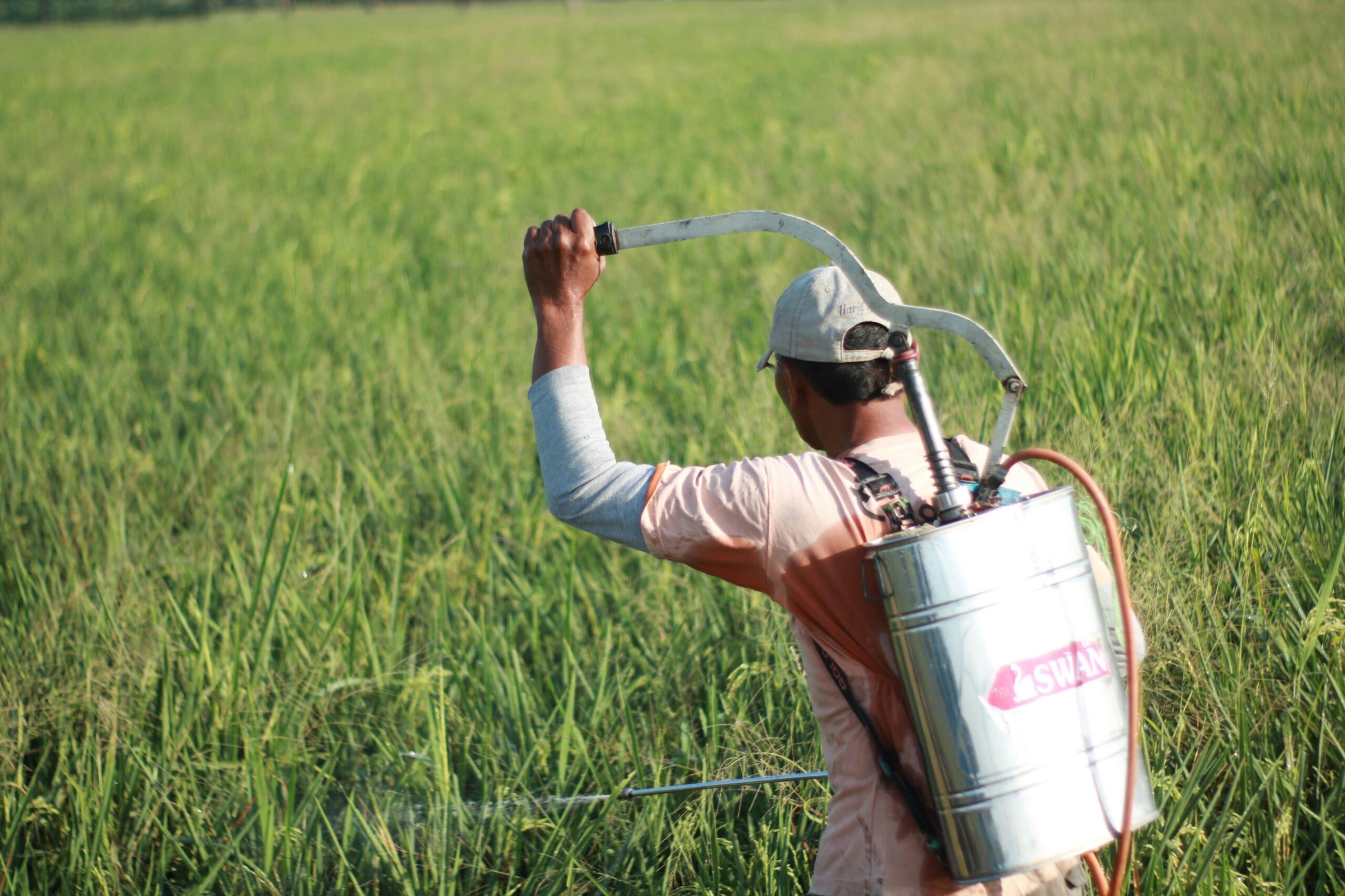As Zimbabwe continues to seek ways to maximise its agriculture production, agencies are calling for more research to assist farmers to adopt sustainable practices. In a recent update, the Food and Agriculture Organisation (FAO) said sustainable farming practices will help promote agricultural biodiversity.
In a press briefing, FAO said research conducted across the country looked at the emergence of new plant pests, poor agronomic practices, toxification of pollinators and the death of livestock due to what the agency says are highly hazardous pesticides. It is common practice among farmers in Zimbabwe to use pesticides in crops in areas where livestock is also kept resulting in the loss of valuable cattle and other animals.
Pesticides have been used near open water sources, further exposing humans to harm. FAO says these practices severely limit efforts by farmers to reach agricultural production targets for the country to achieve sustainable development goals.
Zimbabwe has routinely struggled to meet its grain production targets despite pouring millions of dollars into the sector. The authorities have been criticised for not understanding smallholder needs and challenges, resulting in the implementation of policies without proper research. The research commissioned by the Food and Agriculture Organisation between 2021 and 2023 sought to “generate empirical evidence for creating and implementing agricultural policies and practices that integrate ecosystem-based agriculture and sound management of pesticides”.

It is common practice among farmers in Zimbabwe to use pesticides in crops in areas where livestock is also kept, resulting in the loss of valuable
cattle and other animals. (source: Pexels)
It is part of a broader project on capacity building covering African, Caribbean and Pacific Countries (ACP-MEAs 3) “that seeks to promote agricultural practices and activities that enhance the sustainability and resilience of agrobiodiversity and its associated agroecosystems”, FAO says. The research targeted smallholder farmers, the impact of pesticides on livestock, and the barriers for the adoption of bio pesticides, bio fertilisers and other bio agents vital for environmental sustainability.
However, the FAO research also noted that to implement the outcomes, Zimbabwe’s agriculture colleges must model their curricula to cover sustainable agriculture, and that includes drafting courses that will include climatesmart, agroecological, and organic farming practices. Zimbabwe has scores of agricultural tertiary institutions which however have struggled to move the needle in the country’s agriculture production ambitions.
“Zimbabwe, like many other countries, has committed itself to various multilateral environmental agreements. To fulfil these obligations, the country needs to revise the curricula and teaching methods of higher agricultural education institutions,” said Obert Maminimini, FAO National Project Coordinator.
“The aim is to incorporate contemporary developments in sustainable agriculture, agroecology, climatesmart agriculture, and organic agriculture,” Obert said at the launch of the report last month.

Zimbabwe has scores of agricultural tertiary institutions which however have struggled to move the needle in the country’s agriculture production ambitions.
In recent years, “smart agriculture” has become a buzzword in Zimbabwe’s agriculture ministry, but there has been little to show improved self-sustainability as the country continues to struggle to feed itself. While the country has invested in agriculture extension officers as foot soldiers in the agricultural revolution information drive, concerns remain that smallholders still hold on to old ways that are detrimental to their crops, livestock and the environment.
“The findings of these studies will be useful in mainstreaming biodiversity and sustainable ecosystem-based agriculture practices and policies in Zimbabwe,” said Dumisani Kutywayo, Chief Director in the Department of Agricultural Research, Innovation and Development. “These findings are aligned with and provide the necessary impetus to the National Biodiversity Strategy and Action Plan 2015-2020 as well as the Agricultural Policy Framework, and the Zimbabwe Food Systems and Rural Transformation Pathways,” Dumisani said at the launch in the capital city Harare last month.
Zimbabwe has in recent years received fertilisers, machinery, grain and other agro-products from countries such as Russia and Belarus. However, research has shown that despite such largesse, other areas of agricultural research have been neglected, resulting in a cycle of challenges that remain unresolved.









